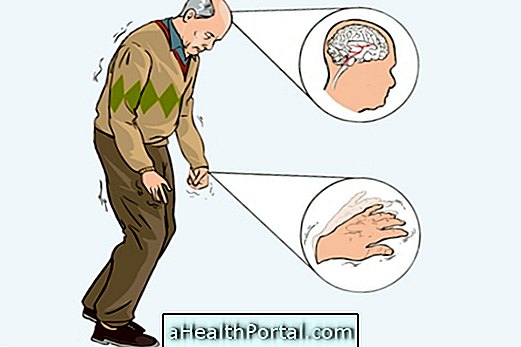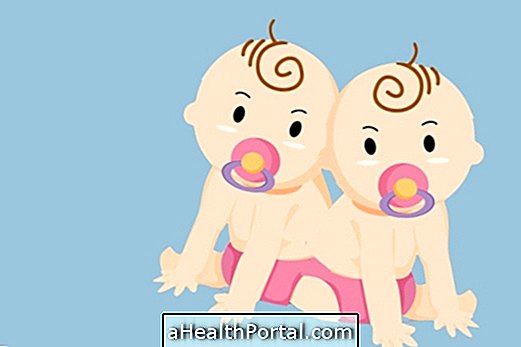The main symptom of fibromyalgia is pain throughout the body that lasts for at least 3 months, can be worse on the back and neck and has no apparent cause. Fibromyalgia is more common in women between the ages of 35 and 50, although men also suffer from this disease.
Thus, the main early symptoms of fibromyalgia include:
- Constant pain throughout the body that lasts for at least 3 months;
- Intense pain to the touch due to increased sensitivity to pain;
- Frequent tiredness, being also very common wake up tired;
- Sleep disorders such as unrefreshing sleep, having trouble falling asleep, having a very light sleep or waking up several times at night;
- Hard muscles, especially when waking up;
- Problems of memory and concentration, which can also cause headaches;
- Irritable bowel syndrome, characterized by periods of diarrhea and constipation.
Other signs and symptoms include tingling sensation in the hands and feet, restless legs sensation before bedtime, dizziness and abdominal pain. Generally, fever is not a characteristic symptom of fibromyalgia, as this is a painful syndrome that causes pain, not leading to an increase in temperature.

Psychological symptoms of fibromyalgia, such as anxiety and depression, may also arise, as it is common for the person to feel sadness, despair and impotence in the face of illness, and may lose interest in the activities they enjoy.
How is the diagnosis made?
The diagnosis of fibromyalgia can be made by the rheumatologist through the observation of the symptoms. The individual with fibromyalgia should have severe pain in 3 to 6 different areas of the body or milder pain in 7 or more different areas of the body for at least 3 months.
How To Treat Fibromyalgia
The treatment for fibromyalgia aims to relieve the symptoms, as this disease has no cure. In this way, it is always important to consult a rheumatologist who can prescribe pain relievers and muscle relaxants to relieve pain. In addition, in the presence of neurological or psychological symptoms, a neurologist or psychiatrist should also be consulted to indicate sleeping pills, anxiety or antidepressants, for example.
The symptoms of fibromyalgia can also be reduced with a natural treatment such as massage, relaxation techniques or aromatherapy, for example. Check out all available treatment options.
Here are some exercises that help relieve symptoms:
























